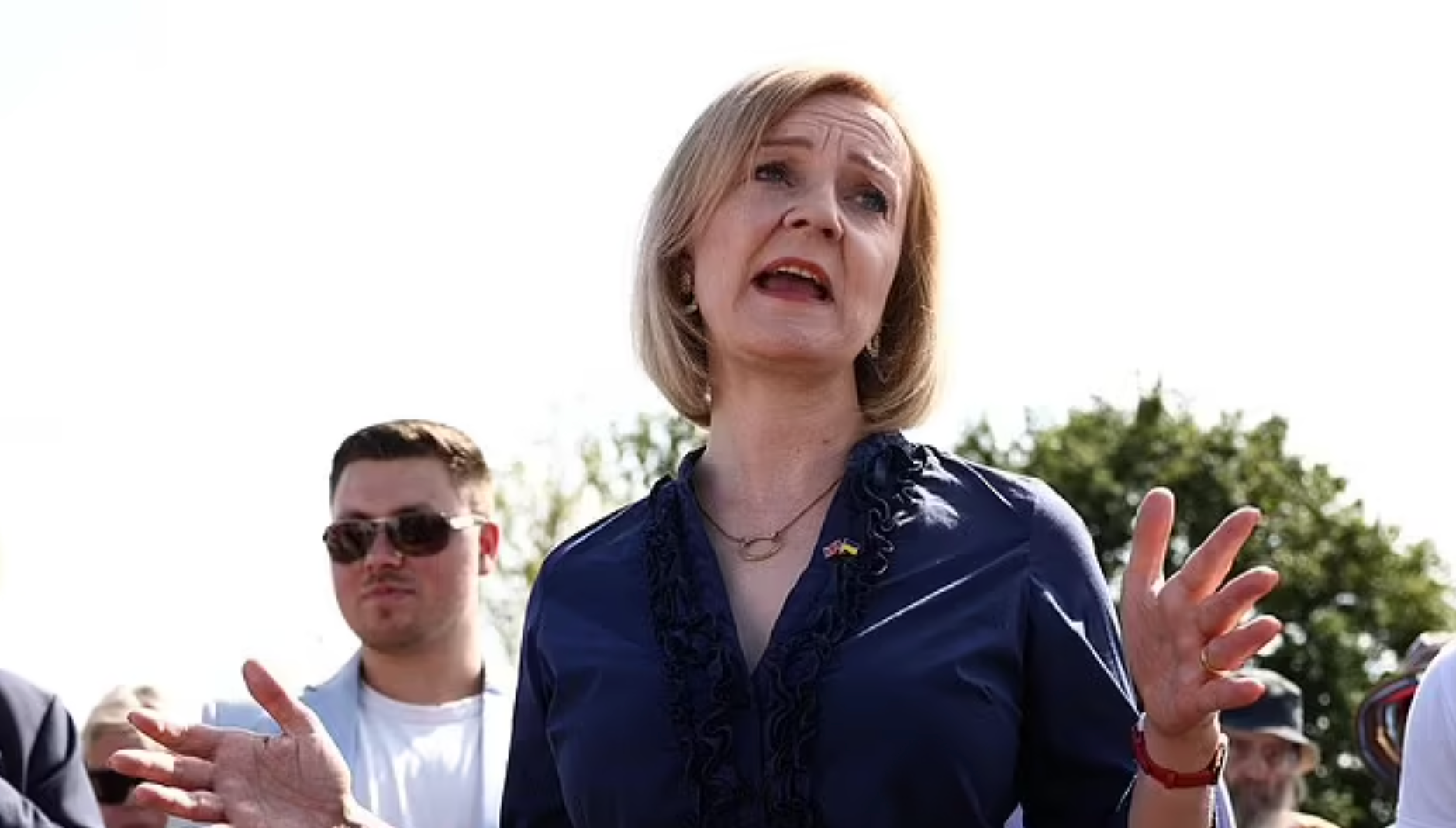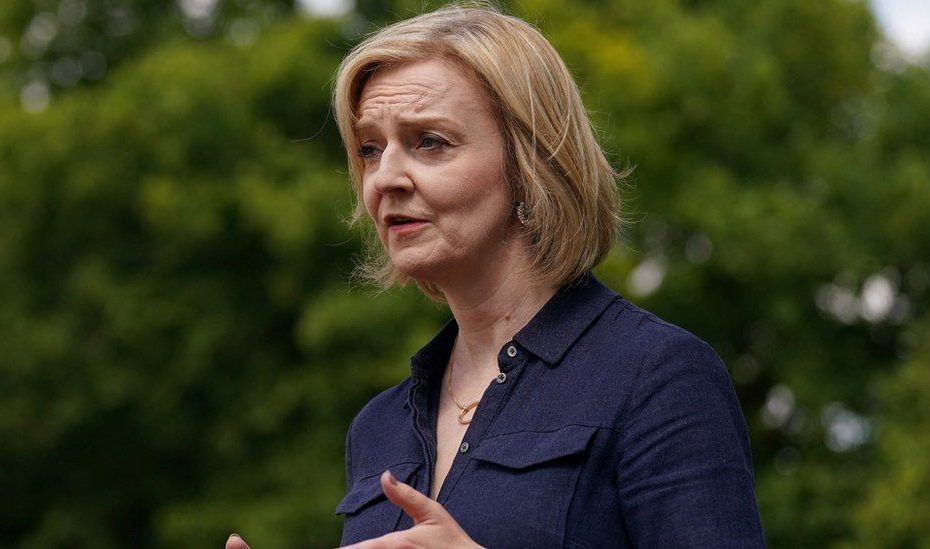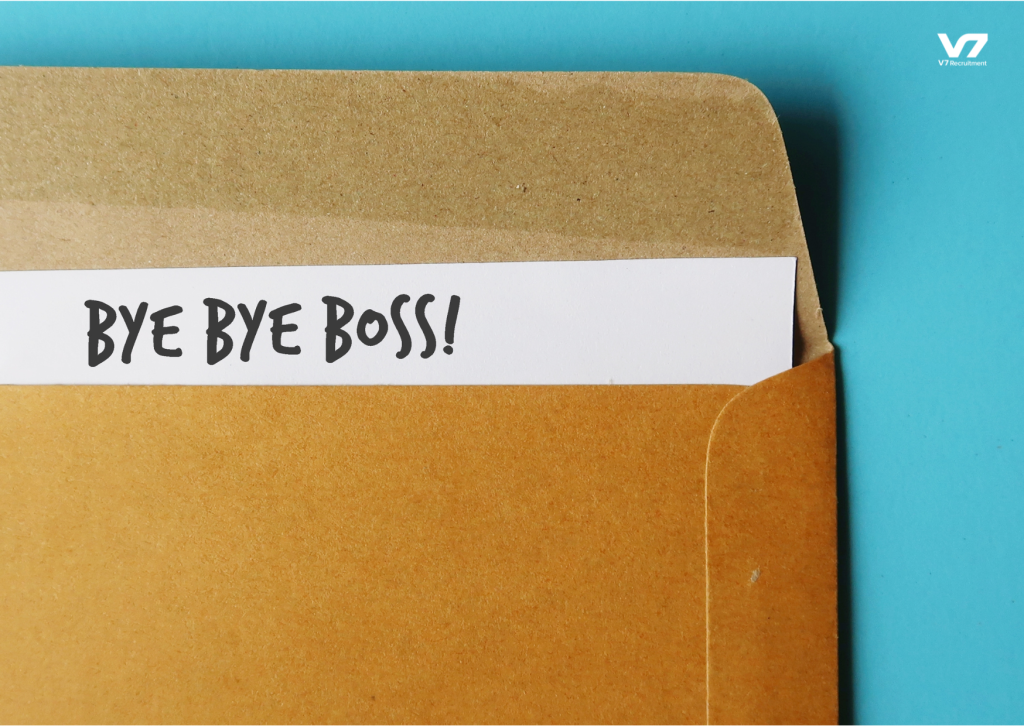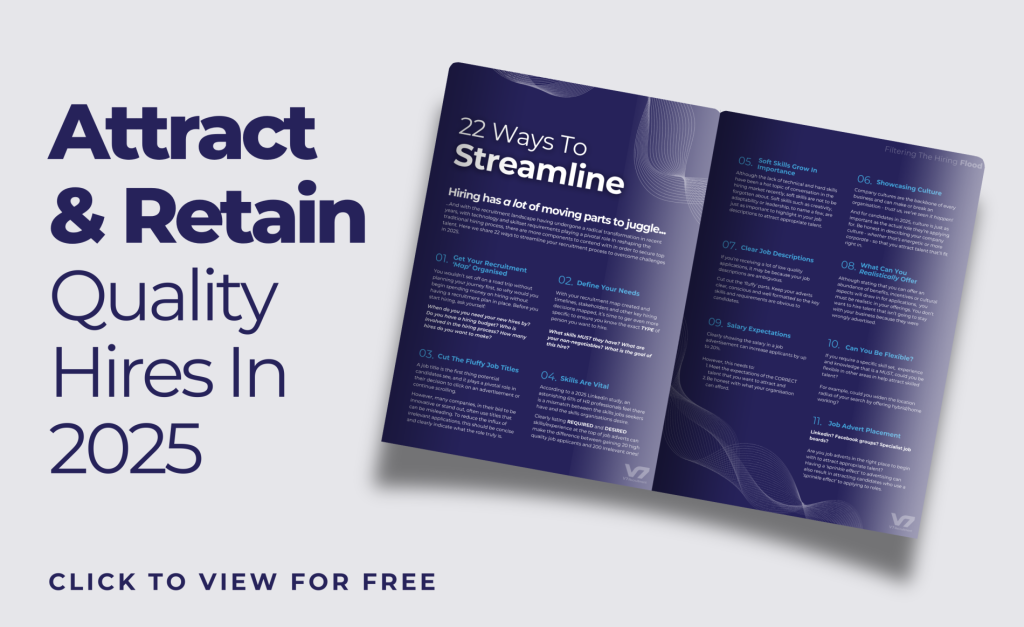PHOTO CREDIT: REUTERS
In her plan to create new towns, likely Prime Minister Liz Truss has proposed deregulatory measures. In new “investment zones”, she plans to remove planning restrictions and other regulations to boost housebuilding and other development to combat her rival Rishi Sunak. In her leadership campaign, she has pledged to boost UK growth rates through “full-fat freeports”.
The latest flagship policy from her campaign may also be seen as a bid to steal a march on Mr Sunak, who has been an advocate of free ports since his days as a backbench MP and has used the contest to style himself as the “common-sense Thatcherite” candidate.
Truss said that the new zones are “at the heart of my vision for levelling up”. She said: “We will work with local communities to identify sites ripe for transformation across the country through lower taxes, reduced planning restrictions and red tape. These zones would open the floodgates to new waves of investment.” and “My investment zones will rejuvenate local areas in the same way the London Docklands was regenerated, with new jobs in the industries of the future.”

Photo Credit: REUTERS
Her plan focuses on Britain’s strengths “as a science and tech superpower”.
She has not made clear the details of her deregulation plan, but there are reports that the zones will have commercial, residential, and industrial development zones, as well as streamlined residential planning processes. Height restrictions and other building regulations could also be relaxed, although Truss’ team is reportedly insisting no safety restrictions will be watered down.
After last week’s announcement, Truss implied she would abandon the Conservative manifesto pledge to build 300,000 new homes by the mid-2020s after ditching central “Stalinist” housing targets.
The Truss campaign claimed the plan would transform brownfields and other locations into “investment zones”, dubbed “full-fat freeports”.
“As Prime Minister, I will be laser-focused on turbocharging business investment and delivering the economic growth our country desperately needs.”
“We can’t carry on allowing Whitehall to pick the winners and losers; like we’ve seen with the current freeport model,” Ms Truss said.
Post-Brexit, freeports became one of the Johnson Government’s flagship policies, with several free port locations announced last year by then-Chancellor Mr Sunak. By exempting import tariffs near ports and airports, tariffs will be removed from the areas, which will boost economic activity.
Truss said her plan would make investment zones more attractive for investors by reducing tax burdens, easing restrictions, and tailoring regulations to the individual situation.
In addition, she claims the investment zones will create new model zones similar to Saltaire and Bournville, which are part of the Johnson Government’s levelling-up pledge.
Ms Truss also stated that she would reform current Government policy in order to “unleash the potential” of current free ports, which could be construed as an implicit criticism of the former chancellor.




